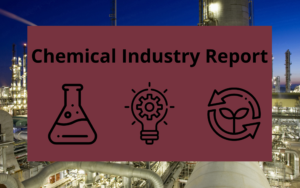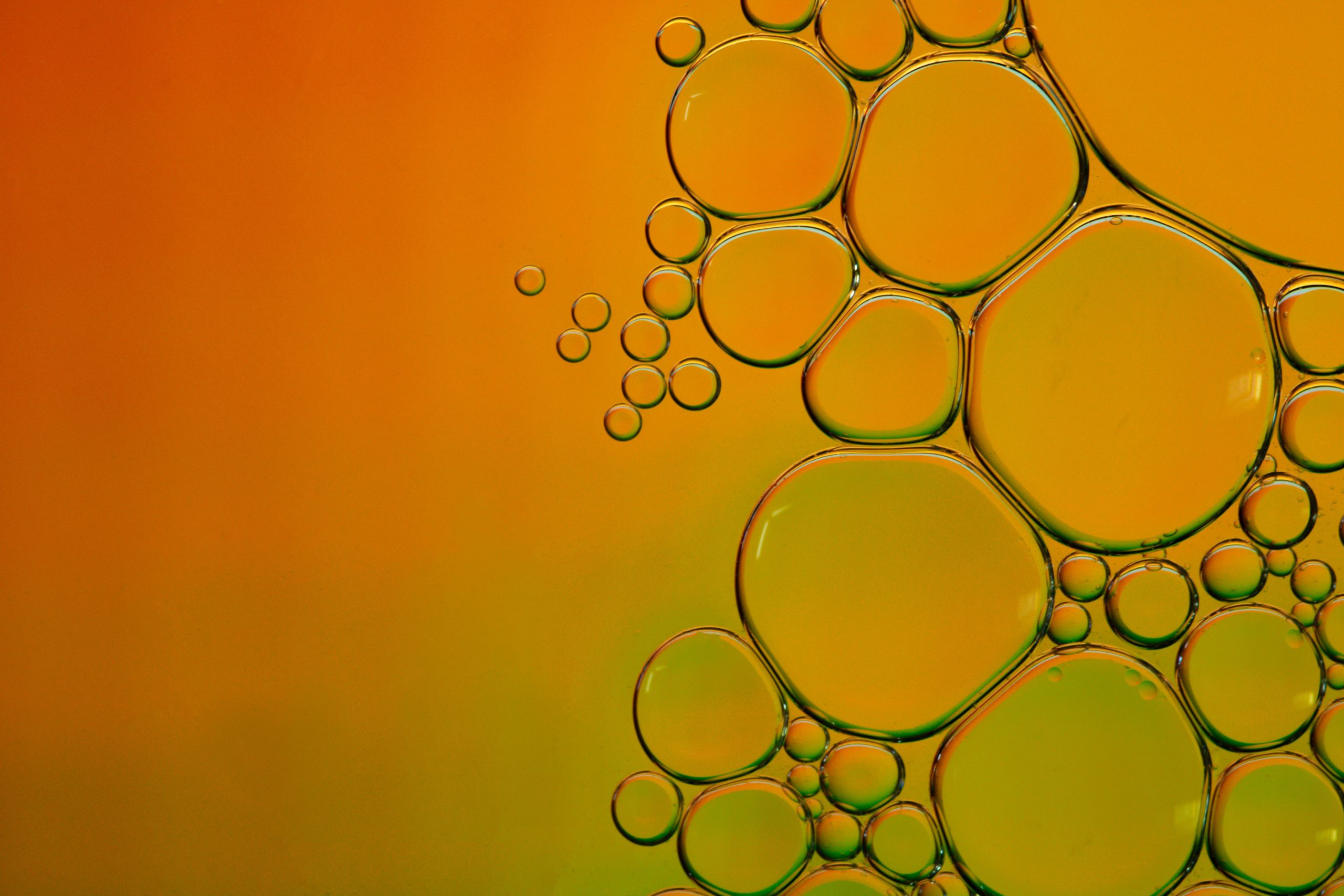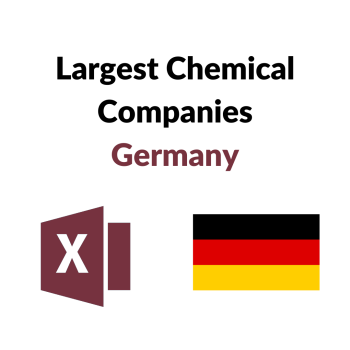Inorganic chemistry refers to the chemistry of – with few exceptions – carbon-free compounds. These include above all metals, salts and minerals, acids and bases. Many inorganic processes produce gases. Inorganic chemistry offers a wide range of applications: in semiconductor chemistry, mineralogy, metallurgy (iron and steel production), cement production, mortar and concrete bonding, and ceramics production. This article is based on the unique Top 600 Chemical Companies Germany – List of the largest chemical companies.
-
Rated 5.00 out of 5€349,99 Incl. VAT
- Excel list of the 600 largest German chemical companies for download
- Including: sales (since 2015), number of employees, e-mail, address, telephone number, management, etc
- Detailed information on industry (specialty chemicals, pharmaceuticals, paints and coatings, construction chemicals, etc.)
- Download valid at any time, free updates within one year after purchase, free preview file available
- Last update: 07.08.2020
Chemical raw materials for industrial production
Basic inorganic chemicals are industrially produced inorganic chemicals on a large scale that serve as starting raw materials for other industrial products. Important inorganic basic chemicals are chlorine, hydrogen, oxygen, hydrochloric acid, sulfuric acid and sodium hydroxide. The following are the German production figures for these basic chemicals in 2019: chlorine (3.7 million tonnes), hydrogen (4.5 million cubic metres), oxygen (6 million cubic metres), hydrochloric acid (1.8 million tonnes), sulphuric acid (3.1 million tonnes) and sodium hydroxide (3.2 million tonnes).
Probably the most important producer of inorganic chemicals in Germany is BASF. Production and marketing are located there in the Monomers division. In 2019, the division achieved sales of 5.4 billion euros. Sales are worldwide with a focus on Europe (43 percent share). Other important sales regions: Asia/Pacific and North America. The main customers are the chemical and plastics industries and the consumer goods industry. many smaller chemical companies also supply inorganic basic chemicals for industrial purposes.
Another major player in the business is the Linde Group – a company with German origins, now based in Dublin and managed from Guildford in the UK. Linde is a leading international producer of industrial gases – both organic and inorganic compounds. The gas business represents about 40 percent of Linde’s sales, which reached $28.2 billion in 2019.
 This article is based partly on our list of the 600 largest chemical companies in Germany and partly on our Chemical Industry Report. In our German chemical industry report, you will find detailed information on areas of activity, an overview of the chemical industry’s locations and clusters, key financial figures, as well as insights into the industry’s gender distribution and sustainability efforts.
This article is based partly on our list of the 600 largest chemical companies in Germany and partly on our Chemical Industry Report. In our German chemical industry report, you will find detailed information on areas of activity, an overview of the chemical industry’s locations and clusters, key financial figures, as well as insights into the industry’s gender distribution and sustainability efforts.
Source: Listenchampion – Chemie Branchenreport Image source: Unsplash




